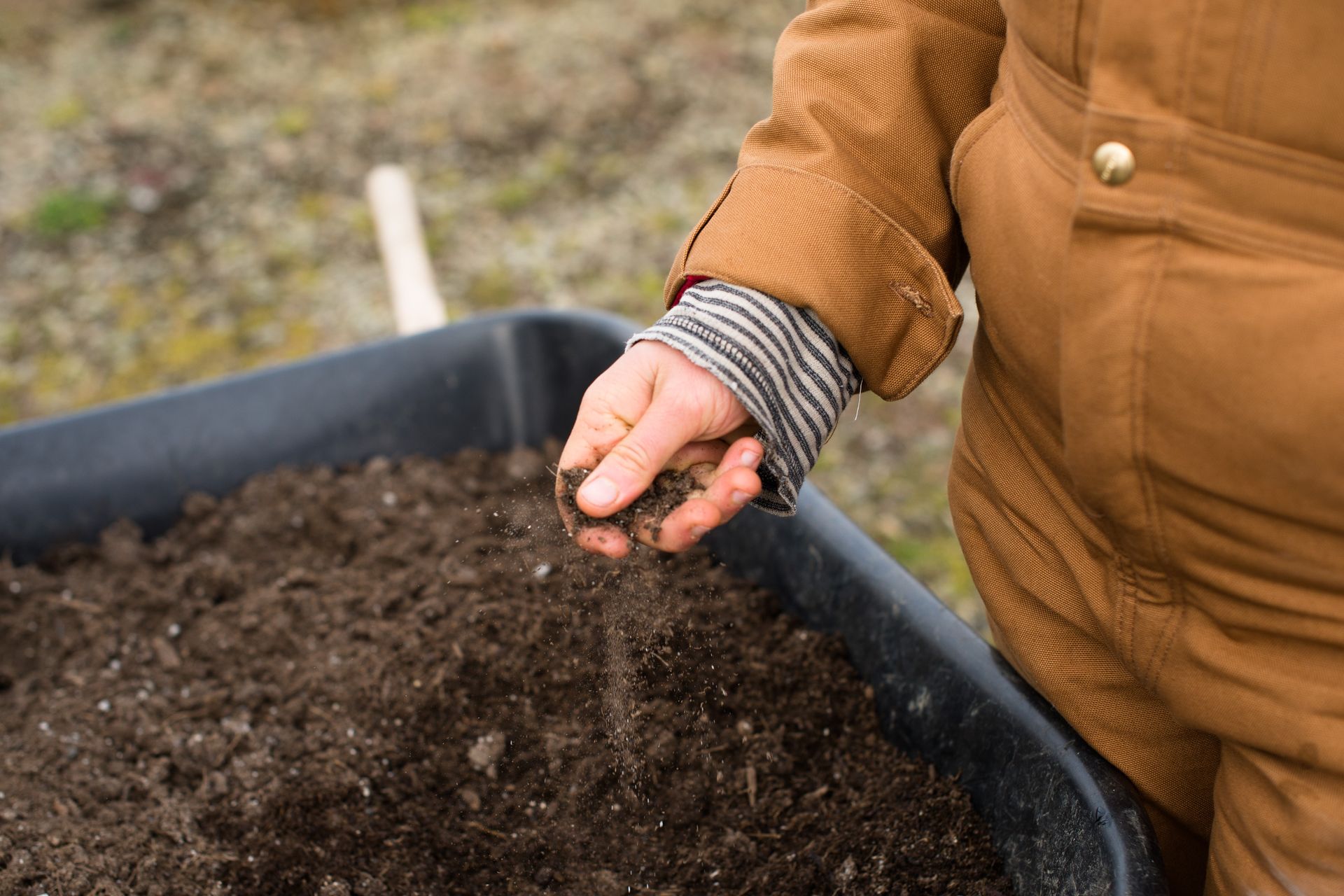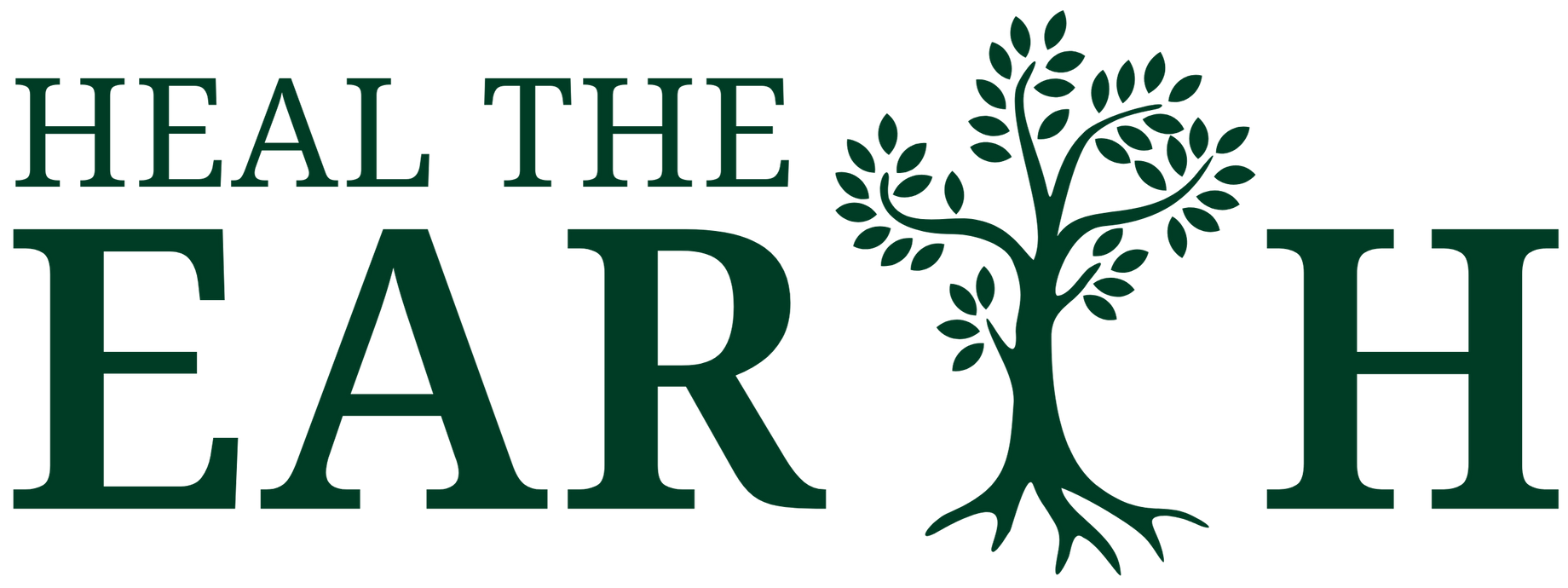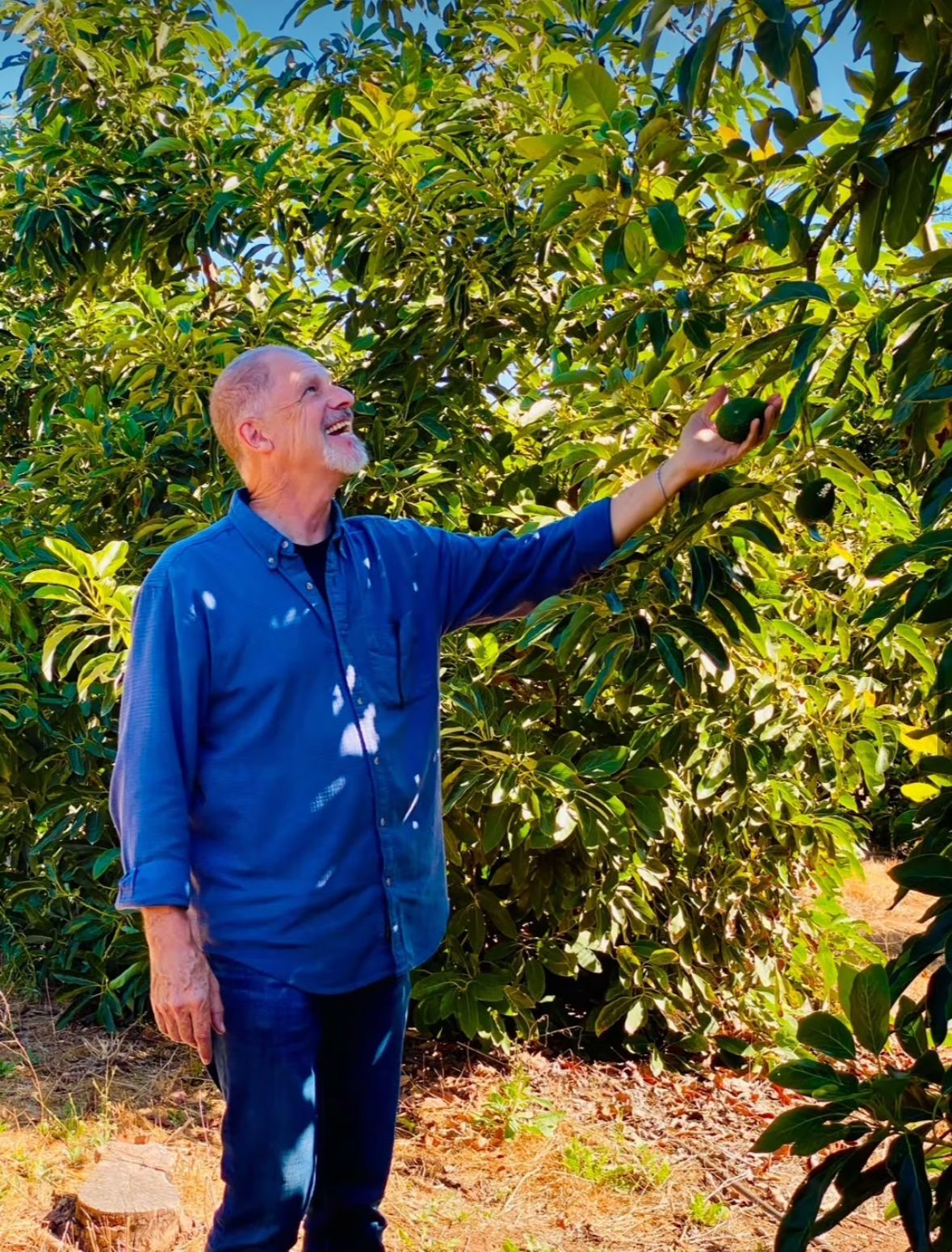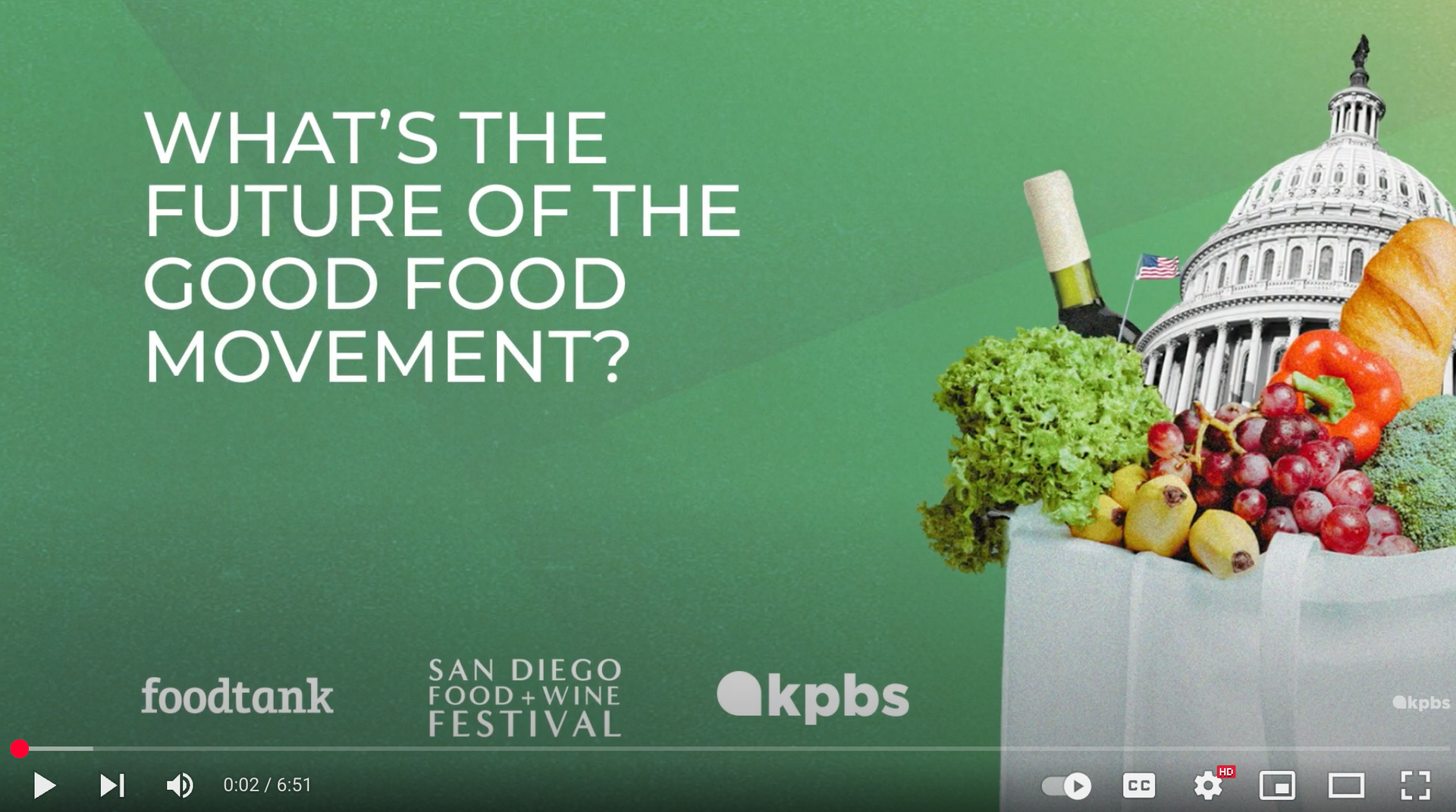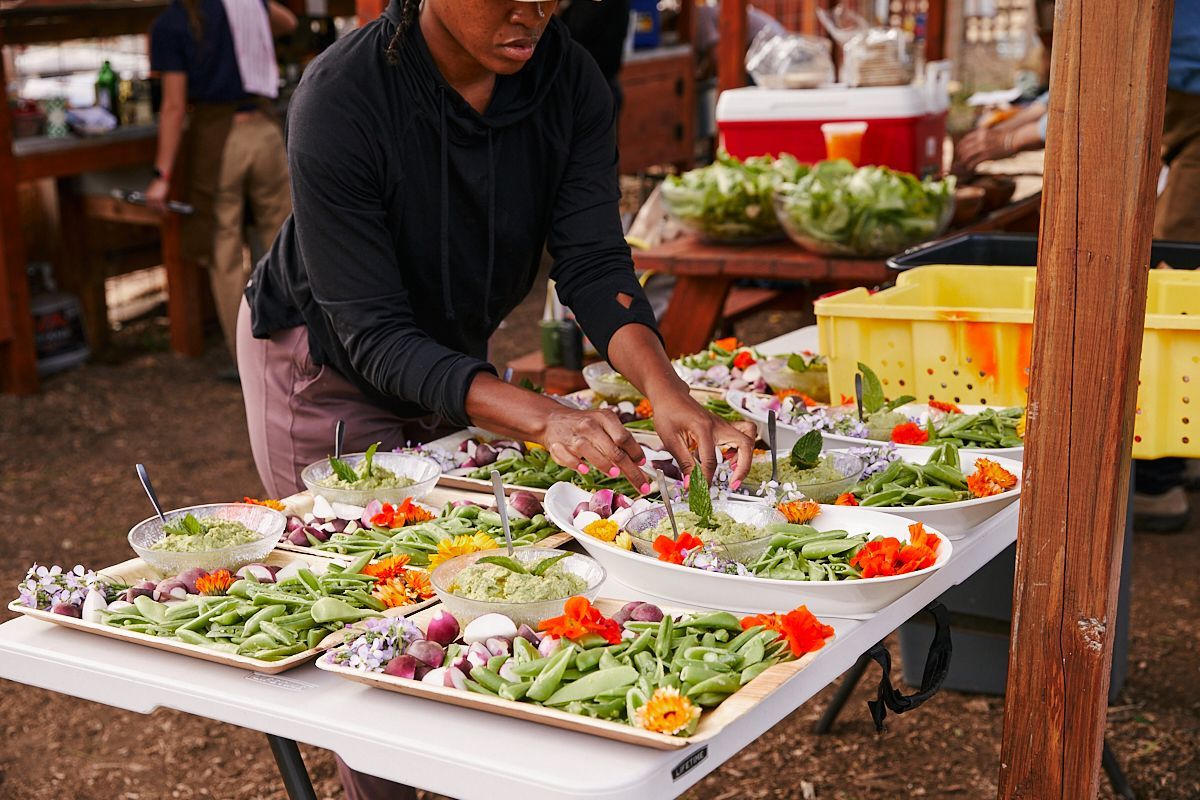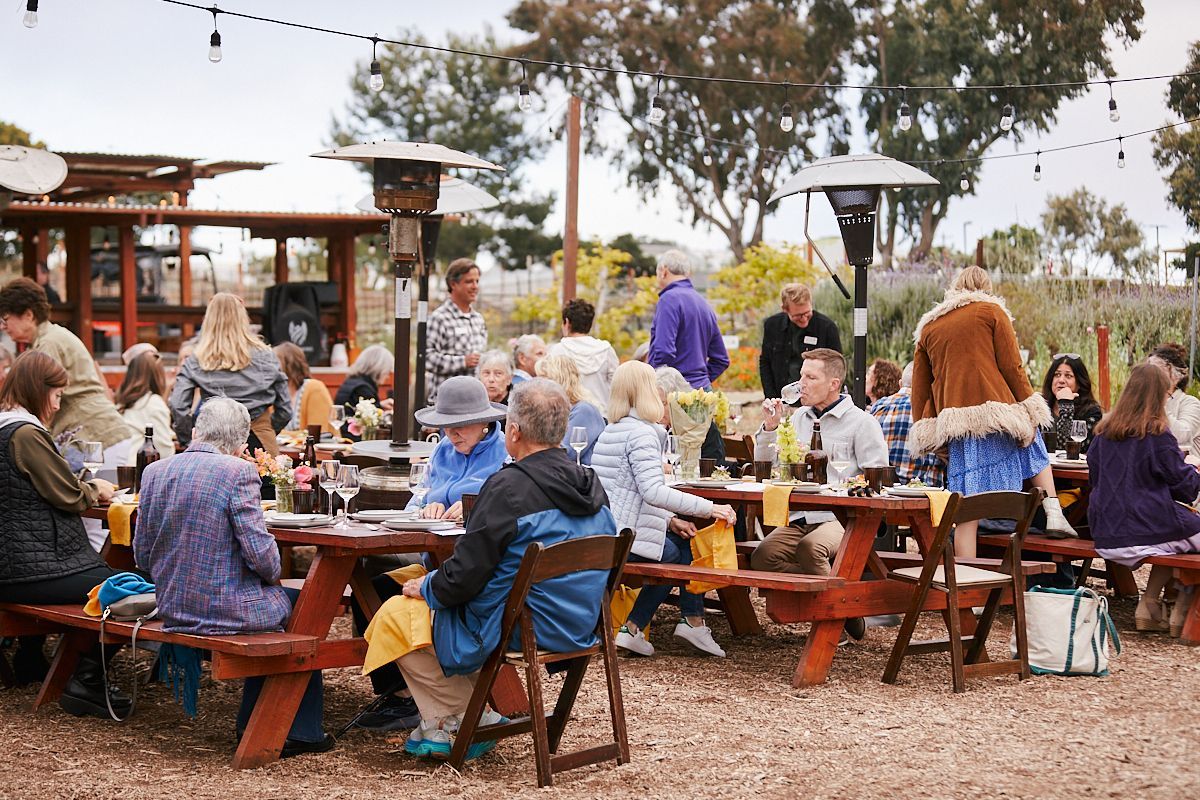The True Cost of Imported Organic: Investing in Your Health and the Planet
At our local grocery stores, a quiet but significant shift is happening, prompting us to dig deeper into the stories behind the organic labels we choose. The organic section used to be a small corner of the produce department, but now it's expanded to take up multiple aisles. It seems like everyone is jumping on the organic bandwagon, but with this increased demand comes a higher price tag, leaving many consumers wondering if the benefits of organic are worth the cost.
So, before you reach for that organic produce or grab that organic milk from the shelf, let's look at what exactly you're paying for and why it matters.
Understanding the "True Cost" of Food
When we talk about the cost of food, it often boils down to the price tags — the amount we pay at checkout. But the story doesn't end there. It extends to the environmental footprint of our food, its impact on the communities that grow it, and its implications for our health.
Local organic produce stands out in this broader narrative. Opting for food grown close to home, without harmful pesticides or practices, means feeding our families, nurturing our environment, and supporting the livelihoods of local farmers. This choice reduces carbon emissions tied to long-haul transportation and champions farming methods that respect our planet.
This commitment to local also strengthens the fabric of our communities. It fosters a closer relationship between those who grow our food and those who consume it, ensuring mutual respect and understanding of the value and challenges involved in sustainable farming. Local farms become beacons of resilience, embodying practices that enrich our communities and ecosystems alike.
The Hidden Costs of Imported Organic Produce
We often miss the bigger picture when we grab that organic avocado or apple from thousands of miles away. Shipping these foods around the globe racks up a huge carbon footprint, making us rethink what "organic" really means for the planet. It's a lot like bringing a bottle of water from the other side of the world when you've got a clean tap at home. The energy used in transporting food is staggering, and it's time we factor that into our choices.
Choosing imported organic can also shortchange local farmers in those distant lands, who might get edged out by the big operations focusing on exports. This can shake up their local economy and mess with the natural balance of things back home.
Plus, relying on food from far away makes us dependent on a shaky global supply chain. Think about it: bad weather, political issues, or just a bump in prices can suddenly make our food much harder to get and more expensive.
So, why not go local with our organic picks? It reduces that carbon footprint, supports fair economics, and keeps our food system sturdy. Understanding the full plate of issues with imported organic helps us make smarter, kinder choices for our world.
The Benefits of Local Organic Produce
First, local organic food is great for your health. Grown without nasty chemicals and harvested at its peak, it brings more nutrients and flavors straight to your table. The short trip from farm to fork means you’re getting the freshest produce possible, loaded with all the good stuff your body craves.
Then there’s the planet to think about. Local organic farming is like Earth’s best friend. It cuts down on fossil fuel use by reducing transport needs and champions soil and biodiversity with its eco-friendly farming practices. Plus, without chemical pesticides and fertilizers, it helps keep our water and air clean, making a happier home for local wildlife.
And let’s not forget the heart of the community. Buying local organic supports our farmers, keeping the green in the community and ensuring those who grow our food can make a decent living. It tightens the bond between growers and eaters, building trust and a shared commitment to quality and sustainability. This kind of connection turns food into a community event, fostering a sense of belonging and mutual care. And for our farmers, they can build a business that'll feed their families for generations to come.
Making the Investment in Your Health and the Planet
Buying local organic might seem like a splurge, but when we look at the bigger picture, it’s an investment. An investment in our health, an investment in the planet, and an investment in our communities. By choosing local organic produce, we’re investing in a better future.
So, next time you're at the grocery store and faced with the choice between imported or local organic produce, think about the true cost of your food. Consider the impact on your health, the environment, and your community. And remember that by choosing local organic, you're making an investment in yourself and the world around you.
Contact us here to learn more about Heal The Earth, how you can get involved, or to partner with us.
Source:
Forbes
